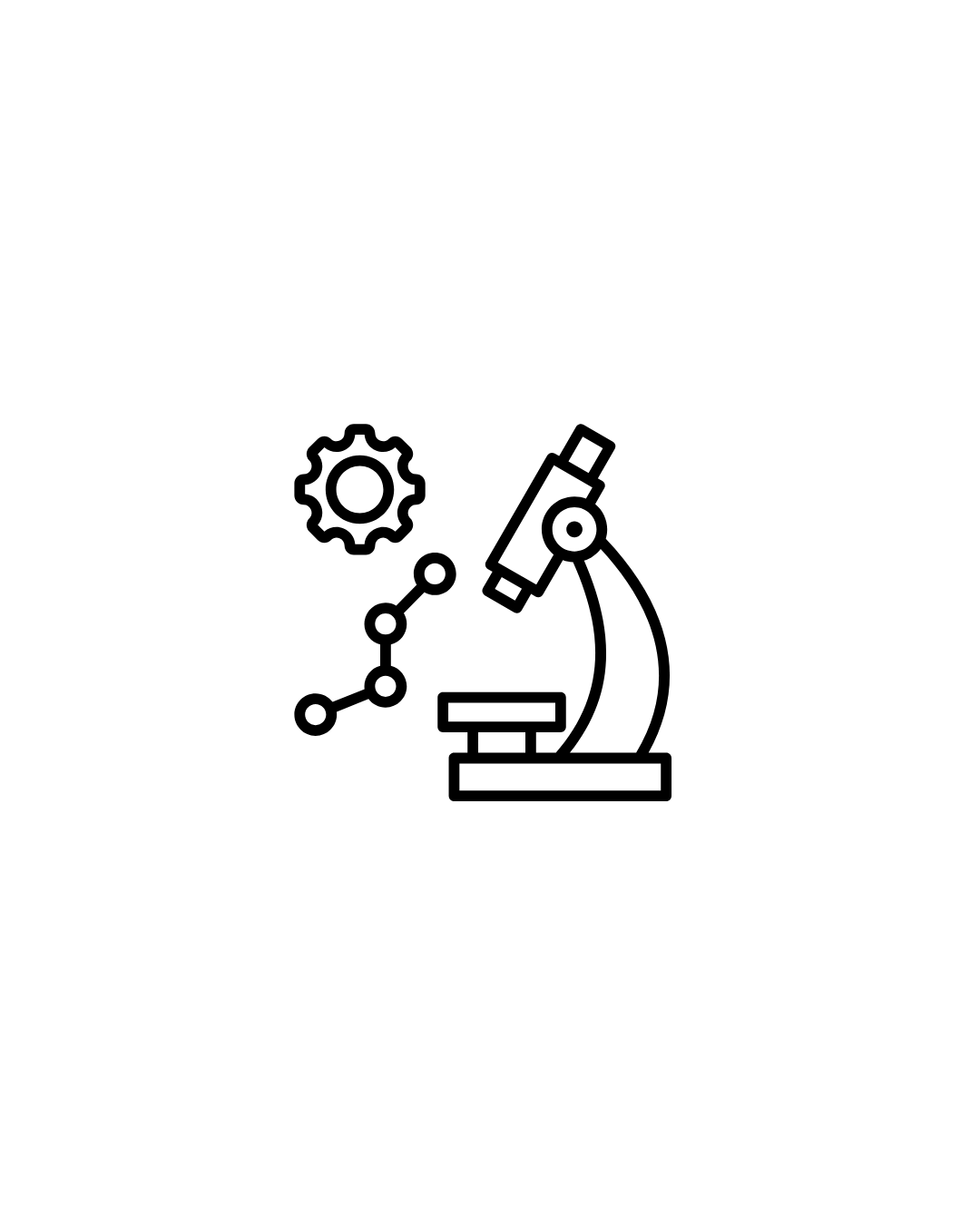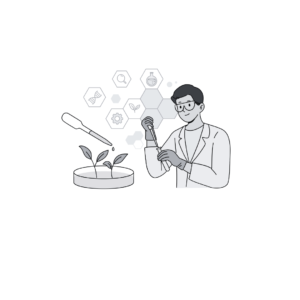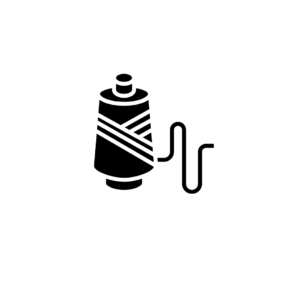Description
A Diploma Lateral Entry in Biotechnology is designed for students who have completed a relevant technical diploma (such as in life sciences, microbiology, or chemical engineering) and wish to further their studies in the field of biotechnology. This program allows students to enter directly into the second year of the diploma, helping them build upon their foundational knowledge while specializing in various aspects of biotechnology, including research, development, and applications in healthcare, agriculture, and industry.
Curriculum Overview
The curriculum for a Diploma Lateral Entry in Biotechnology generally integrates theoretical concepts with practical skills. Here are some common subjects and areas of study you might encounter:
Fundamentals of Biotechnology:
Introduction to the principles of biotechnology, including its history, scope, and applications across different sectors.
Microbiology:
Study of microorganisms, including bacteria, viruses, fungi, and their role in biotechnology applications like fermentation and pathogen detection.
Biochemistry:
Understanding the chemical processes and substances that occur within living organisms, focusing on macromolecules, metabolic pathways, and enzymology.
Genetics and Molecular Biology:
Principles of heredity and gene function, including DNA structure, replication, transcription, translation, and genetic engineering techniques.
Cell and Tissue Culture:
Techniques for growing and maintaining cells and tissues in controlled environments, with applications in medical research and agriculture.
Bioprocess Technology:
Overview of bioprocesses used in the production of biotechnology products, including fermentation, bioreactor design, and product recovery.
Bioinformatics:
Introduction to computational tools and techniques for processing biological data, including DNA sequencing and protein structure analysis.
Environmental Biotechnology:
Application of biotechnology for environmental conservation, including bioremediation, waste management, and sustainable practices.
Agricultural Biotechnology:
Study of genetic modification, plant tissue culture, and bio-pesticides for improving crop yield and resistance to pests.
Analytical Techniques:
Techniques for analyzing biological substances, including chromatography, electrophoresis, and spectrophotometry.
Ethics and Regulations in Biotechnology:
Overview of the ethical considerations and regulatory frameworks governing biotechnology research and applications.
Project Work:
Practical experience through projects that allow students to apply their knowledge in real-world biotechnology problems, such as developing a bioproduct or conducting research experiments.
Career Opportunities
Graduates of a Diploma Lateral Entry in Biotechnology can find various career opportunities in sectors such as pharmaceuticals, agriculture, healthcare, and environmental management. Some potential job roles include:
Biotechnologist: Engaged in research and development of biotechnology products, including pharmaceuticals, vaccines, and agrochemicals.
Microbiologist: Conducting research on microorganisms and their applications in industry and healthcare.
Quality Control Analyst: Ensuring the quality and safety of biotechnology products through rigorous testing and compliance with regulations.
Lab Technician: Assisting in laboratory experiments and research, handling samples, and using analytical instruments.
Process Development Scientist: Working on the development and optimization of bioprocesses for production.
Regulatory Affairs Specialist: Ensuring that biotechnology products comply with regulatory standards and assisting with submissions for approvals.
Sales and Marketing Executive: Promoting biotechnology products and solutions to clients, requiring a strong understanding of the technology and applications.
Research Scientist: Conducting research in biotechnology-focused academic institutions, private companies, or government labs.
Environmental Scientist: Working on bioremediation and pollution control projects to improve environmental health.
Bioinformatics Specialist: Analyzing biological data using computational techniques to support research and development in biotechnology.
Further Education
After completing the Diploma Lateral Entry in Biotechnology, graduates can choose to pursue a Bachelor?s degree in Biotechnology or a related field (e.g., Biomedical Engineering, Microbiology, or Biochemistry). Additional certifications or training in specialized areas, such as Genetic Engineering, Bioinformatics, or Regulatory Affairs, can also enhance career prospects.
If you have any questions about the Diploma Lateral Entry in Biotechnology program, potential career paths, or any related topics, feel free to ask!









